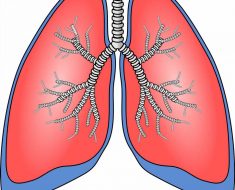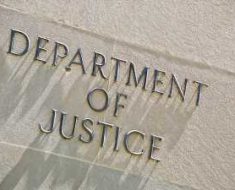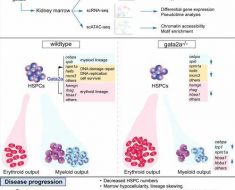TOPLINE:
Adults with atrial fibrillation (AF) and type 2 diabetes and treated with an agent from the sodium-glucose cotransporter 2 (SGLT2) inhibitor class who underwent AF ablation had a significantly reduced rate of recurrent AF compared with those not receiving an SGLT2 inhibitor, in a retrospective, observational study of 4450 US patients ablated during the years 2014-2021.
METHODOLOGY:
-
The TriNetX Analytics Network database drawn from electronic health record (EHR) entries for more than 88 million US patients from 72 health care organizations was used in the study.
-
Analysis focused on 13,340 adults with a history of type 2 diabetes and AF who underwent an index ablation from April 2014 to November 2021, including 10,974 who were on an SGLT2 inhibitor at baseline and 2366 who were not.
-
Propensity-score matching produced a study group of 2225 matched patients.
-
Primary study outcome was an indication of ablation failure during follow-up: need for cardioversion, new class I or III antiarrhythmic drug therapy, or a re-do AF ablation beginning after a 3-month blanking period and through 12 months following ablation.
TAKEAWAY:
-
Main composite outcome occurred in 619 patients (27%) receiving an SGLT2 inhibitor compared with 802 patients (36%) not on an SGLT2 inhibitor, producing a significant adjusted odds ratio of 0.68 with SGLT2 inhibitor treatment.
-
Probability of event-free survival at 12 months was 66% on SGLT2 inhibitor treatment and 61% without, producing a significant hazard ratio of 0.85 with SGLT2 inhibitor treatment (P = .003).
-
All-cause mortality was significantly lower among patients on SGLT2 inhibitor treatment with an adjusted odds ratio of 0.62 (P = .019).
-
Heart failure exacerbations and all-cause hospitalizations also were significantly lower with SGLT2 inhibitor treatment, with each roughly 20% lower relative to no SGLT2 inhibitor treatment.
IN PRACTICE:
The findings “generate an important hypothesis, and further prospective studies are needed to validate these findings in patients with type 2 diabetes and AF who have undergone AF ablation,” the authors conclude.
SOURCE:
The study was primarily run by researchers from the Division of Cardiovascular Medicine, Lahey Hospital and Medical Center, Beth Israel Lahey Health, in Burlington, Massachusetts, but included collaboration with researchers from several other US centers. The report was published August 9 in JACC: Clinical Electrophysiology.
LIMITATIONS:
The study relied on observational data, which means that residual confounding is possible, and it was retrospective and relied on EHR data and so may include miscoded diagnoses. The data may be missing some cases of AF recurrence. The analyses did not separate cases of paroxysmal and persistent AF. Social determinants of health and other unmeasurable confounding factors may have played a role in outcomes that the authors did not account for.
DISCLOSURES:
The study received no commercial funding. One author, James Januzzi Jr, MD, listed several relevant disclosures. These can be found with the original article. The other authors reported no relevant financial relationships.
Mitchel L. Zoler is a reporter with Medscape and MDedge based in the Philadelphia region. @mitchelzoler
For more diabetes and endocrinology news, follow us on Twitter and on Facebook
Source: Read Full Article





